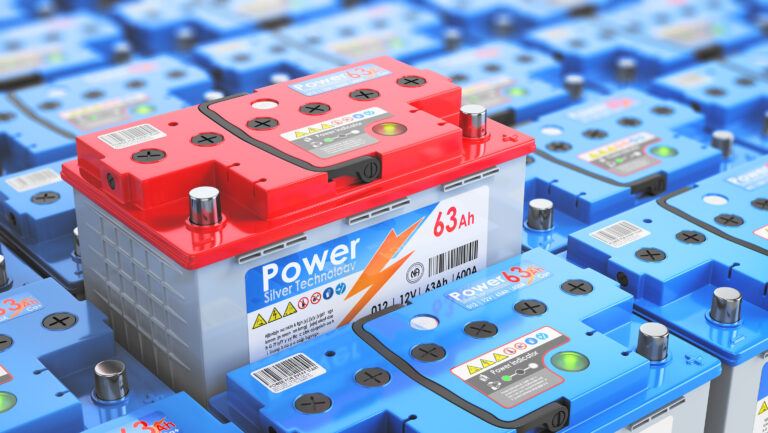Researchers at the University of Córdoba have developed a new sodium-sulfur battery capable of charging and discharging more than 2,000 times. This innovative technology, based on the doctoral thesis of Álvaro Bonilla, offers a sustainable alternative to lithium batteries, which are commonly used in mobile phones, laptops, and electric vehicles but rely on scarce and geographically concentrated resources.
The new battery utilizes abundant, affordable, and environmentally friendly materials such as sodium, sulfur, and iron. The research team replaced the toxic metals traditionally used in the cathode (positive electrode) with sulfur, which not only reduces environmental impact but also delivers double the energy. On the anode (negative electrode) side, sodium was chosen as a substitute for lithium, offering similar energy capacity but with greater abundance and accessibility.
One of the primary challenges of the sodium-sulfur battery design was overcoming the larger size of sodium atoms, which makes the charge-discharge process more difficult compared to lithium. To address this, the team incorporated a porous metal-organic framework (MOF) structure based on iron into the cathode. This improvement allowed the battery to achieve over 2,000 charge cycles in laboratory tests, a performance milestone rarely seen in similar battery types.
Additionally, the battery operates at room temperature, unlike previous sodium-sulfur batteries that required temperatures of around 300°C. Although the battery currently takes about an hour to charge, the researchers are working on reducing this to just 10 minutes.
Find the original press release in spanish here.

